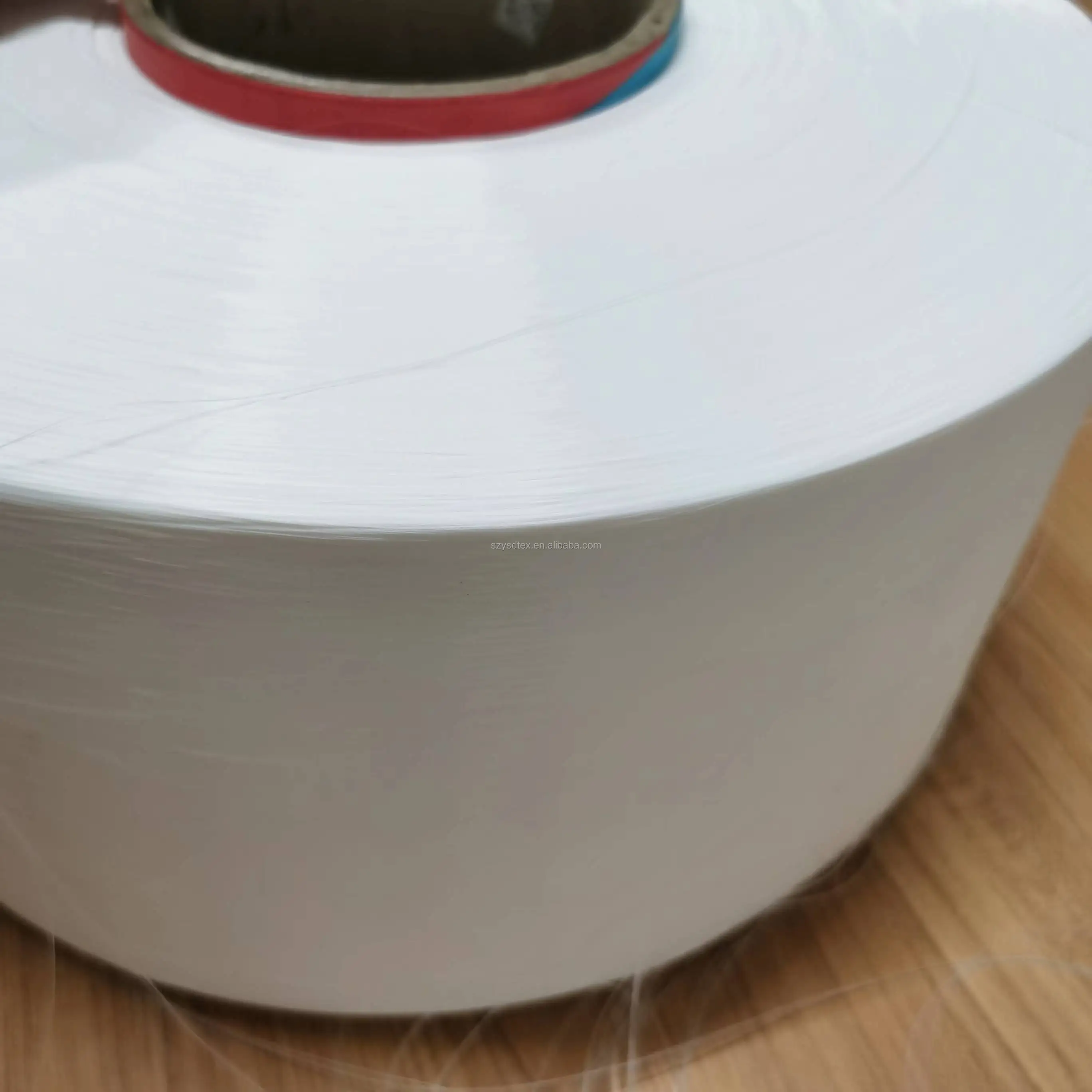A: Polyester is a fabric used for making materials such as clothes, bags and even fishing lines. But did you know that the manufacturing of polyester monofilament can cause a significant negative environmental impact? Next time, we will dive into the ways polyester monofilament production is destroying our planet.
Pollution from Polyester Monofilament Production
Though polyester monofilament is eco-friendly, the production of this material gives off too much pollution. The pollution may result from substances the used in manufacturing be it chemicals, or by waste produced. This chemical can cause damage to the environment and to human health. The waste itself may also end up being thrown into rivers and oceans, which again is fatal for the marine life there.
Polyester Production leads to depletion of natural resources
Making polyester monofilament is also an issue because it depletes natural resources. Polyester is a thirsty and energy-sucking material to produce. Plus, polyester is made by extracting fossil fuels a method that's not great for the environment and contributes to climate change.
Monofilament Production Energy Consumption and Greenhouse Gas Emissions
Is hugely energy consumptive thus contributes to significant greenhouse gas emissions Greenhouse gases are the gases that trap heat in our atmosphere and cause climate change. These emissions come from the production of polyester which can leave a big carbon footprint on the environment.
Polyester Waste and Its Effects on Marine-Life
If polyester monofilament is not disposed of properly, it could ultimately be washed into rivers or oceans and impact marine life. Marine animals like fish, turtles and seabirds can get caught in the waste or ingest it thinking it is their food. This can result in harming or even killing off many of these animals. Polyester Toxins Pollute Waterways The production of polyester uses harmful water, air and soil contamination chemicals, polluting water and animals in an aquatic habitat.
Costs of Health in Manufacture of Polyester Monofilament
More Than Just Bad For Mother Nature The production of yarn monofilament polyester is not only bad for the environment, it can also negatively influence people’s health. The chemicals used during the production process can be hazardous, poisonous in case of skin contact and inhalation. This exposes the health of workers of polyester manufacturing facilities that deal with such chemicals on a daily basis.
To sum up, the production of polyester filament yarn is environmentally hazardous as well health-wise. Polyester production has challenges starting with pollution and depleting natural resources, energy consumption, greenhouse gas emissions. That companies like ProfixM may have to combat these effects and strive for more sustainable options that are environmentally friendly. It means that, by making responsible changes and moves towards diminishing the environmental impact of polyester production, we are actively defending our planet for future generations.

 EN
EN
 FR
FR
 DE
DE
 EL
EL
 IT
IT
 JA
JA
 KO
KO
 RO
RO
 RU
RU
 ES
ES
 ID
ID
 UK
UK
 VI
VI
 TH
TH
 TR
TR
 BN
BN
 NE
NE




